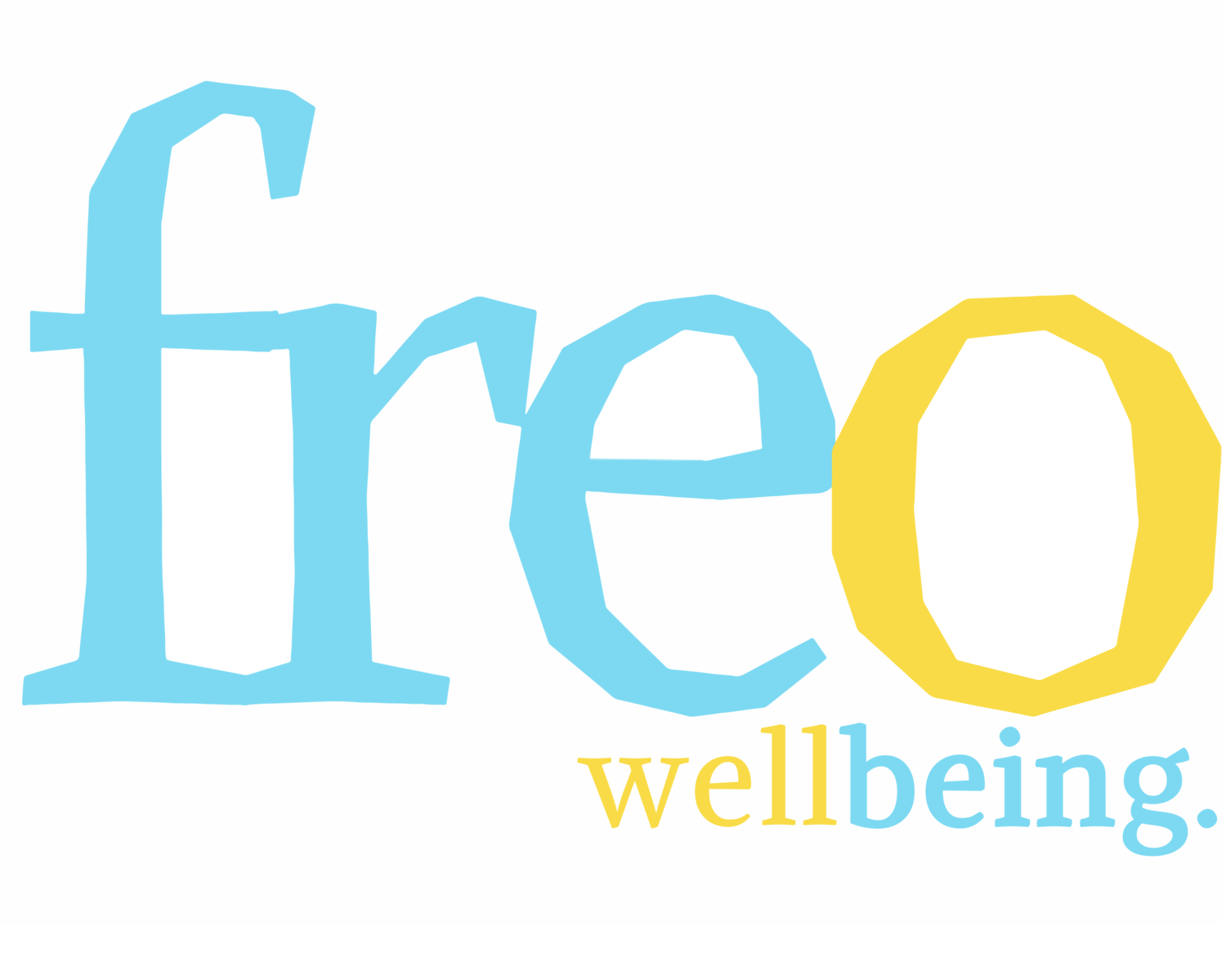Setting Boundaries
Setting boundaries is a vital part of relationships. It is how we understand and develop our own identities.
When boundaries are not set, it can be easy for a person to be taken advantage of, whether that is in regards to comfort, emotions, or time. When we don’t sit down with ourselves, and then those we love, and consider which boundaries need to be put in place, the foundations of our relationships may be a little unstable.
A lack of boundaries in the workplace can also lead to an unnecessary amount of stress piling onto employees, leading to mental and even physical illness too. Boundaries in general, for whoever is setting the boundaries and those receiving the request for them to be respected, is good for both sides. It is the healthiest way to sustain any relationship.
The best thing about boundaries? It is never to late to have that conversation!
Examples of healthy boundaries in a relationship:
Feeling safe enough to request your boundary in the first place. If your request for a boundary that makes you feel safe is met with negative emotions, this hinders your ability to feel secure in the future.
Asking permission is a good way to aid a strengthening of trust within a relationship. Consent, always. Consent is king. (This does not refer to asking permission to have a boundary. Boundaries are your right to have, and asserting them shows self-respect.)
Showing gratitude to someone who has taken your boundaries into account is a great form of positive reinforcement! The more, the better. And soon, it will come easily to the both of you.
Respecting each other wholly; this includes allowing for differences in opinions and emotions. You don’t have to feel the same about everything, but it is vital to respect the way the other person feels about whatever the subject. You can both agree to act accordingly— as long as it isn’t unhealthy or harmful to either one of you.
Absence of Co-dependance is a huge part of having a healthy relationship, and in fact setting up boundaries is important to help breaking the bad habits that keep relationships codependant.
Tips to help you set boundaries:
Define your boundary. What is it? Know exactly why it is this boundary is important to you, and what you and/or your relationship will gain from it. Whether that might be trust, privacy, or something else.
Communicate this to your partner, parent, child, neighbour, friend or workplace. Whoever this boundary is for, it is important to say what you need. Often, we expect that others will know our needs without us exlicitly telling them what it is and why we need it. No one can read our minds, and we all have different boundaries, so speak yours out!
Keep it simple. When we are nervous about setting our boundaries, we might start to overeexplain ourselves, and begin to make excuses when that isn’t necessary. You have a need, and that is valid. Explain, but keep it simple, understandable, and that will be okay. If it helps, write your boundaries down before you set them to keep yourself on track.
Set Consequences. People should also know, when you set a boundary, what the consequence of them not following that will be. Asking someone to respect your privacy is fine, but once they don’t, you may decide you no longer want to be in a romantic relationship with them because of it. It is best in this situation if they hear first; “I need you to respect my privacy. I do not feel comfortable being in a romantic relatinonship with someone who does not, as I feel it does not show trust.”
If you are suffering from stress due to struggling to set boundaries, feel free to speak to one of our Anti-Stress Therapy experts.


